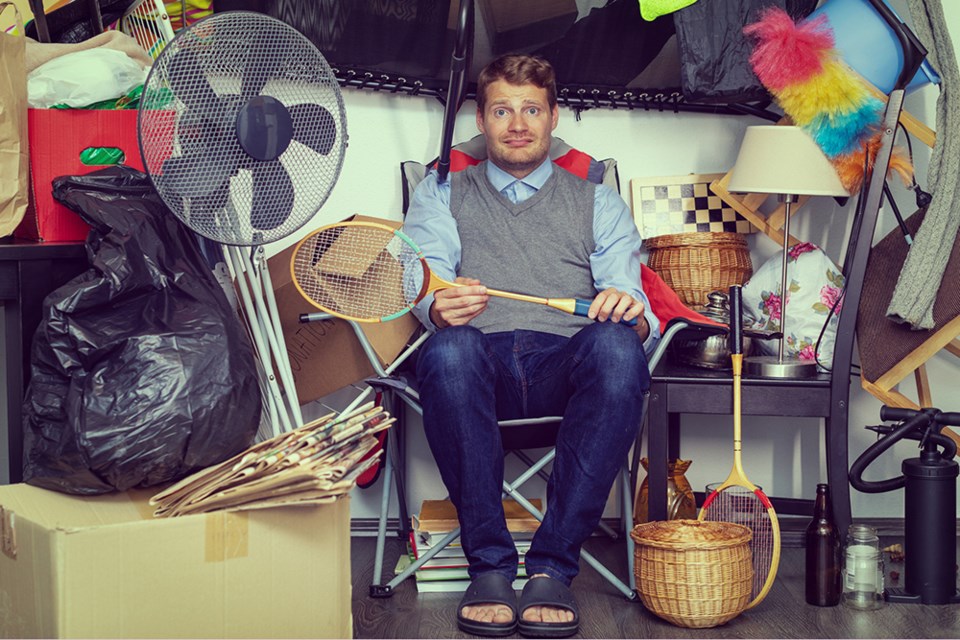In a search for a calm and organized living space, the first step often requires us to challenge our contentment with clutter.
Some of us find comfort in what seems like organized chaos, believing our cluttered surroundings indicate our busy lives or inspired minds.
This is so true of the creative crowd. Artists, quilters and knitters are known for their endless supply of goods, just in case they might be needed.
Unfortunately, this mindset often leads to stress, time waste and neverending frustration. Understanding why it’s essential to feel uncomfortable with clutter can greatly alter how we approach the maintenance of our homes.
Clutter isn't just about the physical mess, it is how it impacts our lives. Living among clutter can cause anxiety and postpone productivity, negatively affecting our mental and physical health.
The constant reminder of unfinished tasks or misplaced items can distract us from focusing on our life goals. Realizing the negative impact might inspire us to reclaim control over our environment.
When we take on the discomfort with clutter, it forces us to take action. It challenges us to evaluate the need and value of every item in our homes.
When we acknowledge the embarrassment clutter brings, we energize ourselves to make calculated choices about what we keep. This shift isn't just about tidying up; it's about regaining our space and lives.
When we challenge our discomfort with clutter, we begin a journey toward a more purposeful and peaceful home. It starts with small, manageable steps, scheduling a few minutes daily to declutter a specific area.
Breaking down a task into smaller chunks makes it less overwhelming. So, you can achieve more, especially if you have a busy schedule.
One effective approach is to adopt the "one in, two out" rule. For every new item that comes into our home, whether it's a purchase or a gift, we need to practice removing two equivalent items. This prevents future clutter and encourages us to think twice before acquiring new possessions.
Another practical method is to create assigned storage space for frequently used items. By assigning a specific home for everything, from keys to paperwork, we reduce the possibility of items ending up in unplanned piles. This simple practice saves time and reduces frustration when trying to locate supplies.
Labelling the space might help those struggling with disorganization. If you are computer savvy, you can make labels or buy a labeller.
Also, embracing discomfort with clutter motivates us to reevaluate our emotional attachment to our belongings. Sentimental items often hold precious memories, but not every object needs to be kept indefinitely. We can respect sentimental items by taking a picture or writing about the memory related to the item. This allows us to preserve the feeling of the experience without adding physical clutter.
Finally, the voyage toward a clutter-free home is as much about mindset as it is about physical tidying. It's about valuing space over stuff, clarity over chaos and purposeful living over senseless gathering.
Let me remind everyone that happiness comes from creating experiences instead of holding on to possessions. I wish you the best when designing the life you desire.
Transformational life coach Ranka Burzan owns a professional organizing company in the qathet region and has written several books on reducing clutter. For more information, email [email protected] or call 604.578.8954.
Join the Peak's email list for the top headlines right in your inbox Monday to Friday.



